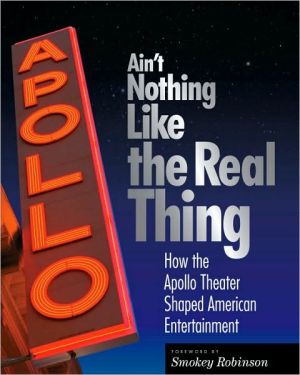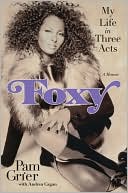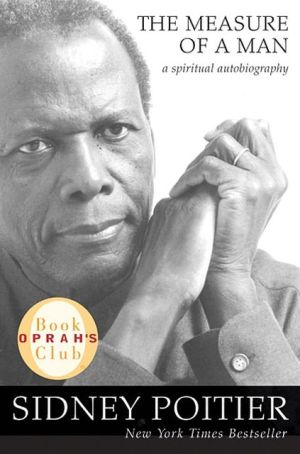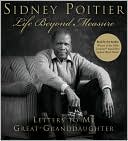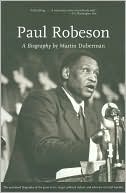Ain't Nothing Like the Real Thing: How the Apollo Theater Shaped American Entertainment
Ain't Nothing Like the Real Thing: How the Apollo Theater Shaped American Entertainment celebrates the seventy-five year history of the Apollo Theater, Harlem's landmark performing arts space and the iconic showplace for the best in jazz, blues, dance, comedy, gospel, R & B, hip-hop, and more since it opened its doors in 1934. This beautifully illustrated book is the companion volume to an exhibition of the same name, organized by the Smithsonian's National Museum of African American...
Search in google:
Ain't Nothing Like the Real Thing: How the Apollo Theater Shaped American Entertainment celebrates the seventy-five year history of the Apollo Theater, Harlem's landmark performing arts space and the iconic showplace for the best in jazz, blues, dance, comedy, gospel, R & B, hip-hop, and more since it opened its doors in 1934. This beautifully illustrated book is the companion volume to an exhibition of the same name, organized by the Smithsonian's National Museum of African American History and Culture in collaboration with the Apollo Theater Foundation. It offers a sweeping panorama of American cultural achievement from the Harlem Renaissance to the present through the compelling story of a single institution.Ain't Nothing Like the Real Thing brings together a diverse group of twenty-four writers to discuss the theater's history and its intersection with larger social and political issues within Harlem and the nation. Featuring more than 300 photographs, this volume brings to life the groundbreaking entertainers in music, dance, and comedy—Duke Ellington, Louis Armstrong, Ella Fitzgerald, Billie Holiday, Smokey Robinson, Aretha Franklin, The Supremes, James Brown, Moms Mabley, Redd Foxx, Honi Coles, and Savion Glover, to name a few—who made the Apollo the icon that it is today. The Apollo Theater has been the setting for soaring achievement and creativity in the face of enormous challenges. In telling this truly American story, Ain't Nothing Like the Real Thing is a celebration of the lasting contributions of African Americans to the nation's cultural life.Library JournalHere, 26 historians, performers, and critics each describe a part of Apollo Theater history, share their own experience, or spotlight a performer. The Apollo's significance in popular culture and social history is undeniable; performers who survived the critical audience either became stars or got even more famous than they'd been. The list of performers gracing the stage dates back to 1934 and includes the likes of Ella Fitzgerald, "Moms" Mabley, and Cab Calloway. This book—a companion to the 75th-anniversary traveling exhibition of the same name, which begins at the Smithsonian's National Museum of African American History and Culture (Apr. 23–Aug. 29, 2010)—is rich in detail and features photos, playbills, and the occasional index card containing longtime Apollo owner Frank Schiffman's critiques of performers. VERDICT For readers with an interest in popular music, New York history, or African American history.—Brian Sherman, McNeese State Univ. Lib., Lake Charles, LA
\ Library JournalHere, 26 historians, performers, and critics each describe a part of Apollo Theater history, share their own experience, or spotlight a performer. The Apollo's significance in popular culture and social history is undeniable; performers who survived the critical audience either became stars or got even more famous than they'd been. The list of performers gracing the stage dates back to 1934 and includes the likes of Ella Fitzgerald, "Moms" Mabley, and Cab Calloway. This book—a companion to the 75th-anniversary traveling exhibition of the same name, which begins at the Smithsonian's National Museum of African American History and Culture (Apr. 23–Aug. 29, 2010)—is rich in detail and features photos, playbills, and the occasional index card containing longtime Apollo owner Frank Schiffman's critiques of performers. VERDICT For readers with an interest in popular music, New York history, or African American history.—Brian Sherman, McNeese State Univ. Lib., Lake Charles, LA\ \
